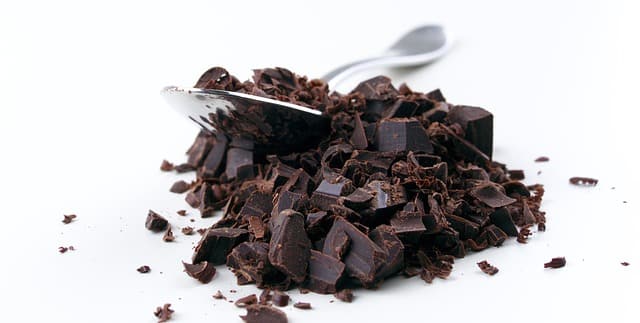London: Drinking green tea and consuming a cocoa-rich diet may reduce the age-related neuromuscular changes that accompany sarcopenia — the progressive loss of skeletal muscle mass and function, a rats study has found.
Sarcopenia is one of the main causes of muscle loss. On average, it is estimated that 5-13 percent of the elderly aged 60-70 years are affected by sarcopenia. For those 80 or older, that number rises to 11-50 percent.
“Sarcopenia is thought to be the main factor in the decline in physical performance in the elderly,” said Jordi Caldero of the Universitat de Lleida in Spain.

“The compromised muscle function associated with sarcopenia has a negative impact on the quality of life of older adults and increases the risk of adverse health outcomes, including disability, fall-related injuries, morbidity and mortality,” Caldero said.
In addition to skeletal muscle wasting, sarcopenia involves morphological and molecular changes in various components of the neuromuscular system, including motor neurons of the spinal cord and neuromuscular junctions.
The study, published in the journal Aging, examined the effect of two flavonoid-rich diets containing green tea extract (GTE) catechins or cocoa flavanols on age-associated regressive changes in the neuromuscular system of C57BL/6J mice.
Dietary intake of flavonoids from green tea or cocoa was able to significantly increase the survival rate of aged rats and prevent some of the retrograde structural changes that accompany chronicity in different cellular components of the neuromuscular system.
Both diets markedly preserved the innervation and maturation of neuromuscular junctions, delayed the senescence process of skeletal muscle, and enhanced its regenerative capacity, as evidenced by the more “young cellular phenotype of myofibers, the myofiber degeneration/regeneration cycle”. apparent lack of”. The researchers explained.
Furthermore, GTE, but not Cocoa, attenuates aging-associated microgliosis and increases the proportion of neuroprotective microglial phenotypes.
“Our data suggest that certain plant flavonoids may be beneficial in the nutritional management of age-related decline of the neuromuscular system,” the researchers said.
.